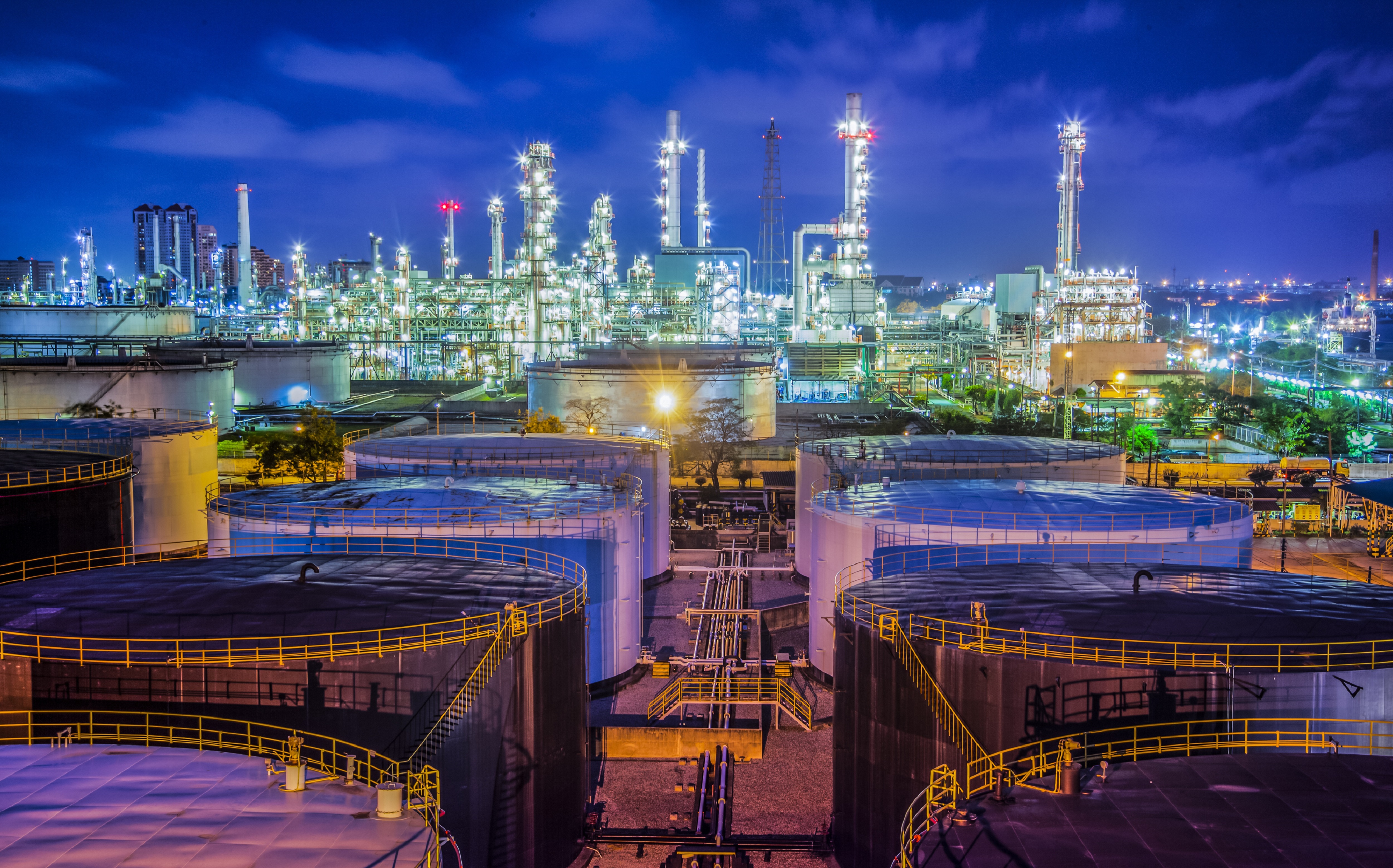Dangote Refinery Accuses Oil Majors of Blocking Local Crude Purchases
(Reuters) — An executive of the Dangote Refinery said on Sunday oil majors were blocking its access to locally produced crude oil by selling it above market price or claiming it was unavailable, forcing the company to rely on expensive imports.
The $20 billion refinery, billed to be the largest in Africa and Europe at full throttle, started production in January but has struggled to find enough crude to meet its 650,000-barrel-per-day capacity.
It is importing around 10 crude oil cargoes monthly, oil traders said. In May, it tendered for two million barrels of West Texas Intermediate (WTI) Midland crude every month for a year starting in July, according to a tender document seen by Reuters.
"It is either the oil majors are deliberately asking for ridiculous premium or they simply state that crude is not available," Devakumar Edwin, an executive at Dangote oil refinery, said in a statement.
He said the refinery paid $6 above the market price, forcing it to cut output and depend on imported crude from countries such as the United States. This, he said, raised its production cost.
Oil producers in Nigeria through their trade group, the Oil Producers Trade Section (OPTS), did not immediately respond to the accusation.
The Dangote oil refinery was supposed to receive 325,000 bpd from oil companies in the domestic crude supply obligation guidelines issued by one of the country's oil regulators, the Nigerian Upstream Petroleum Regulatory Commission (NUPRC), last December. However, oil producers have been unable to meet the quota.
Nigeria's 2021 oil industry law created two oil regulators, the NUPRC for the exploration segment and the Nigerian Midstream and Downstream Petroleum Regulatory Authority (NMDPRA) to regulate gas and downstream segments.
Edwin also accused the NMDPRA of indiscriminately granting import licenses to fuel traders who import dirty fuels from Russia while its refinery adjusts to the sub-regional fuel standard.
The NMDPRA did not respond to a Reuters request for comment.
Following a price cap imposed on Russian products by the European Union last year, as well as environmental concerns, countries like Netherlands and Belgium have drafted rules to tighten the quality of motor fuels exported primarily to West Africa.
Edwin said Nigeria's decision to allow fuel traders to indiscriminately import dirtier products has compelled Dangote oil refinery to tap foreign markets.
It has exported 3.5 billion liters of refined products, representing 90% of its production, Edwin said.
Related News
Related News

- Enbridge Plans 86-Mile Pipeline Expansion, Bringing 850 Workers to Northern B.C.
- Intensity, Rainbow Energy to Build 344-Mile Gas Pipeline Across North Dakota
- U.S. Moves to Block Enterprise Products’ Exports to China Over Security Risk
- Strike Pioneers First-of-Its-Kind Pipe-in-Pipe Installation on Gulf Coast with Enbridge
- 208-Mile Mississippi-to-Alabama Gas Pipeline Moves Into FERC Review
- U.S. Pipeline Expansion to Add 99 Bcf/d, Mostly for LNG Export, Report Finds
- A Systematic Approach To Ensuring Pipeline Integrity
- 275-Mile Texas-to-Oklahoma Gas Pipeline Enters Open Season
- LNG Canada Start-Up Fails to Lift Gas Prices Amid Supply Glut
- Kinder Morgan Gas Volumes Climb as Power, LNG Demand Boost Pipeline Business





Comments